Your tech toolbox: The middle ground between tech chaos and rigidity
Do you solve new problems the same way because it's already done? Or do you go with a new approach that offers more benefits?
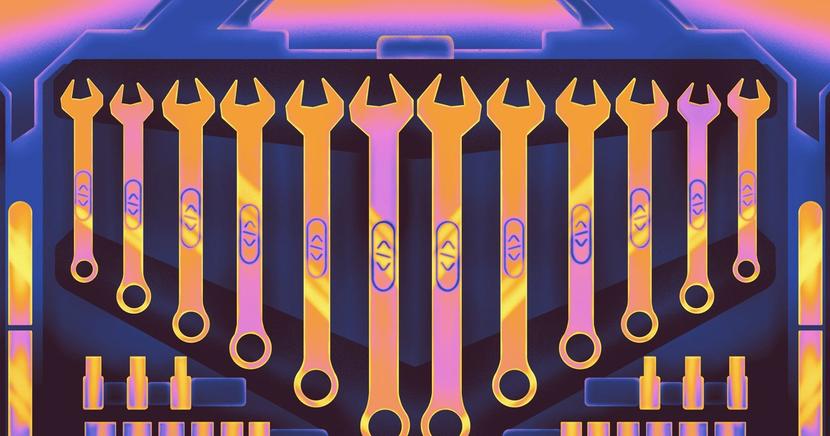
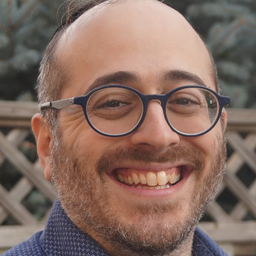
Daniel Orner is a Staff Software Engineer at Flipp and has previously worked at IBM. You can find his articles, ranging from musings on event-driven microservices to what Ruby can learn from Go, at his GitHub profile. He lives in Toronto with a wife and four small people who alternate between enriching and enraging him.
Do you solve new problems the same way because it's already done? Or do you go with a new approach that offers more benefits?

Dynamic languages allow for a lot of flexibility in typing — sometimes too much. Here's how to add some guardrails to your code.

An event-driven architecture can reduce dependencies, increase safety, and make your application easy to scale. But designing your systems and topics is a non-trivial task
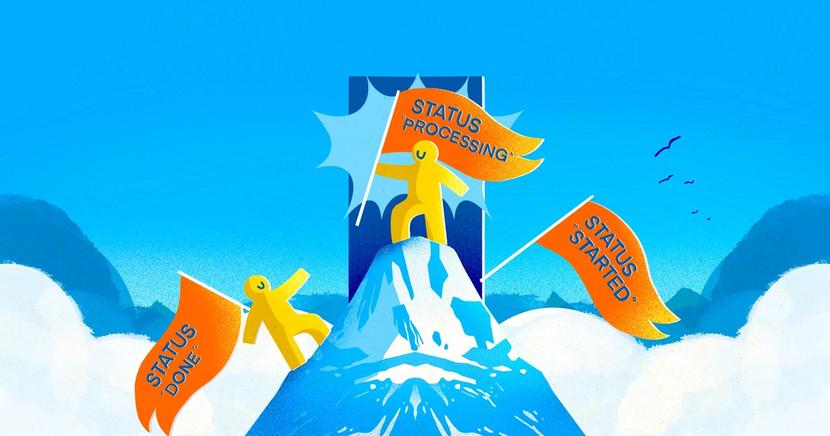
While the future may be a mystery, you can design software to accommodate future changes. But how much future-proofing gets in the way of good design?

When rewriting software in a new language, how do you test that your new and old programs do the same thing?
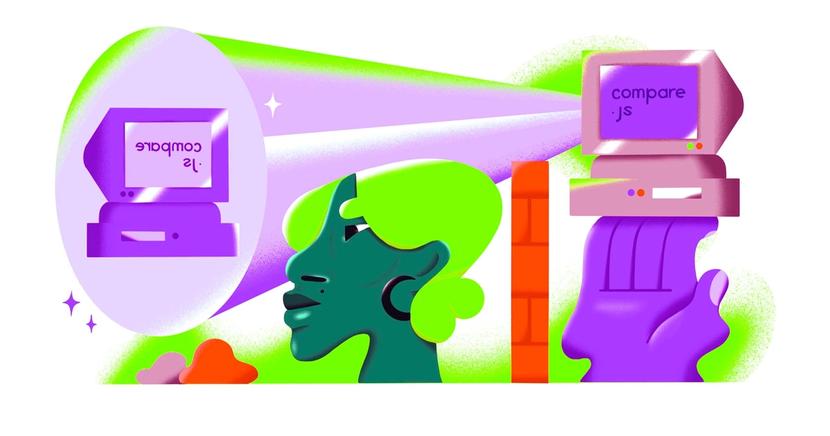
While computing has changed a lot in the 20 years since the SOLID principles were conceived, they are still the best practices for designing software.
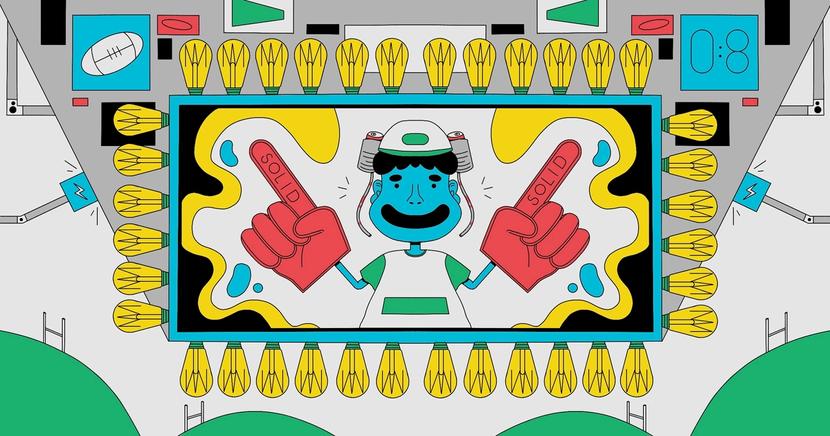
Many companies run parallel development and operations organizations. But what if you just ran one team that did both?
